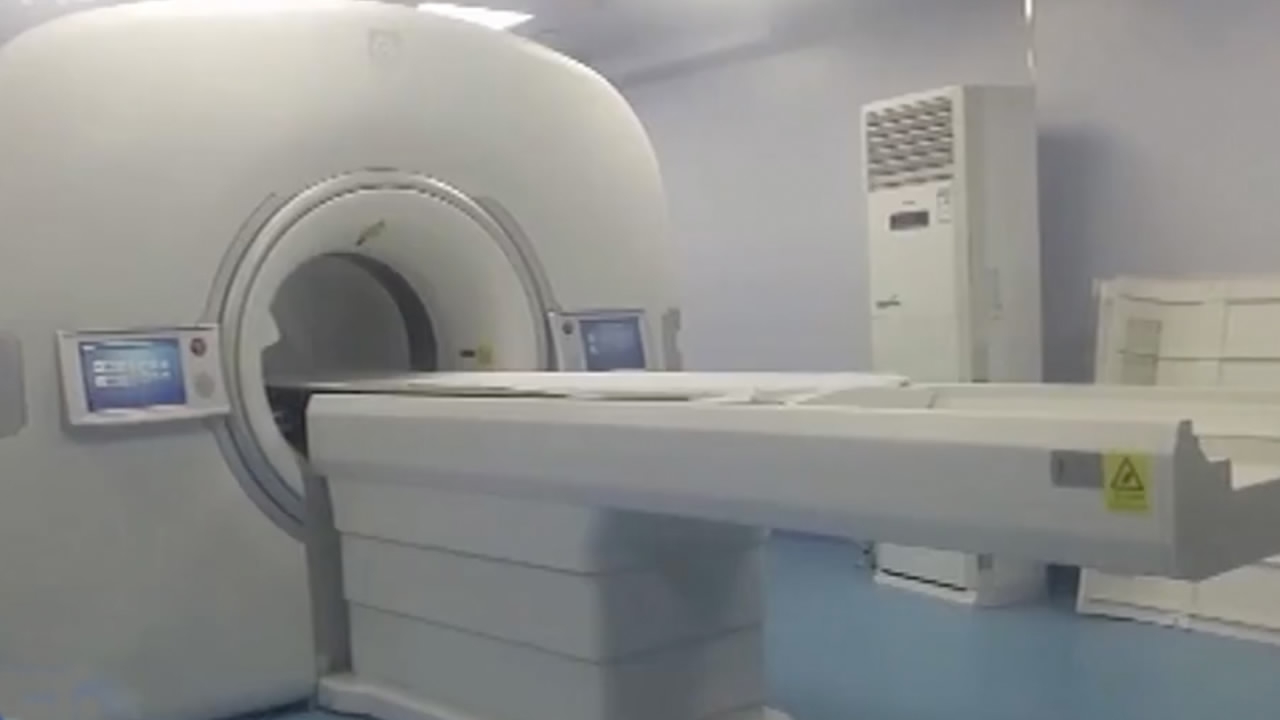
Tech & Sci
11:59, 13-Dec-2017
China develops world’s first digital positron emission tomography
CGTN

The world’s first digital positron emission tomography (PET ) has been developed at China's Huazhong University of Science and Technology (HUST) in Wuhan City, central China.
The medical imaging device which helps doctors detect cancer and brain diseases is expected to better fight serious diseases at a lower cost.
In early November, Professor Xie Qingguo and his team at HUST conducted full digital PET for online proton beam monitoring in Taiwan Chang Gung Memorial Hospital, which has the largest and most advanced proton radiotherapy center in Asia.
“This is the first time in human history that we monitored how the proton produced oxygen-15 on a rat. It has proven two things about digital PET: To help the proton knife locate where to hit and where it actually hits,” said Professor Xie.
The full clinical digital PET is currently in the process of installment at the Affiliated Hospital of Zhongshan University in Guangzhou. It has begun to carry out the China Food and Drug Administration clinical trials.
The formal starting up of the first digital PET will take place in early 2018.

SITEMAP
Copyright © 2018 CGTN. Beijing ICP prepared NO.16065310-3
Copyright © 2018 CGTN. Beijing ICP prepared NO.16065310-3